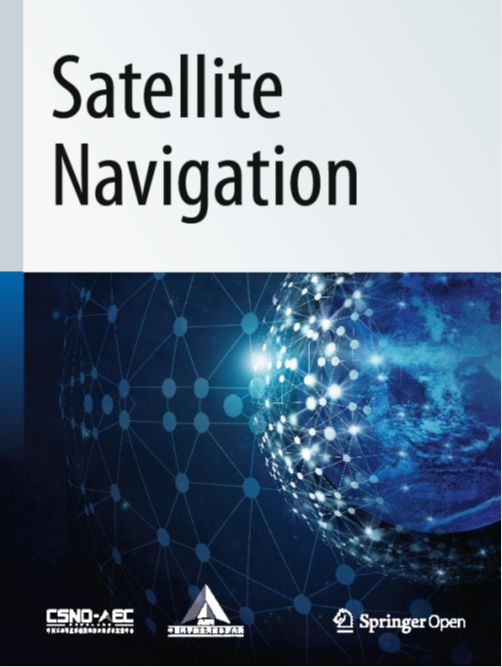利用机器学习决策树对大地测量全球导航卫星系统接收器进行振幅闪烁探测
IF 10.1
1区 地球科学
Q1 ENGINEERING, AEROSPACE
引用次数: 0
摘要
振幅闪烁探测通常通过使用昂贵的专用电离层闪烁监测接收器生成的闪烁指数来实现。考虑到普通全球导航卫星系统(GNSS)接收器数量庞大,本文提出了一种利用大地测量 GNSS 接收器收集的测量数据准确识别电离层振幅闪烁事件的策略。所提出的检测方法依赖于预先训练的机器学习决策树算法,利用从载波噪声数据和以 1 赫兹收集的仰角计算出的闪烁指数。使用真实数据的实验结果表明,闪烁检测的准确率可达 99%。通过将先进的机器学习技术与大地测量全球导航卫星系统接收器相结合,这种方法可以利用非闪烁全球导航卫星系统接收器有效探测电离层闪烁。本文章由计算机程序翻译,如有差异,请以英文原文为准。
Amplitude scintillation detection with geodetic GNSS receivers leveraging machine learning decision tree
The amplitude scintillation detection is typically achieved by using the scintillation index generated by dedicated and costly ionospheric scintillation monitoring receivers (ISMRs). Considering the large volume of common Global Navigation Satellite System (GNSS) receivers, this paper presents a strategy to accurately identify the ionospheric amplitude scintillation events utilizing the measurements collected with geodetic GNSS receivers. The proposed detection method relies on a pre-trained machine learning decision tree algorithm, leveraging the scintillation index computed from the carrier-to-noise data and elevation angles collected at 1-Hz. The experimental results using real data demonstrate a 99% accuracy in scintillation detection can be achieved. By combining advanced machine learning techniques with geodetic GNSS receivers, this approach is feasible to effectively detect ionospheric scintillation using non-scintillation GNSS receivers.
求助全文
通过发布文献求助,成功后即可免费获取论文全文。
去求助
来源期刊

Satellite Navigation
Multiple-
CiteScore
19.40
自引率
6.20%
发文量
25
审稿时长
12 weeks
期刊介绍:
Satellite Navigation is dedicated to presenting innovative ideas, new findings, and advancements in the theoretical techniques and applications of satellite navigation. The journal actively invites original articles, reviews, and commentaries to contribute to the exploration and dissemination of knowledge in this field.
 求助内容:
求助内容: 应助结果提醒方式:
应助结果提醒方式:


